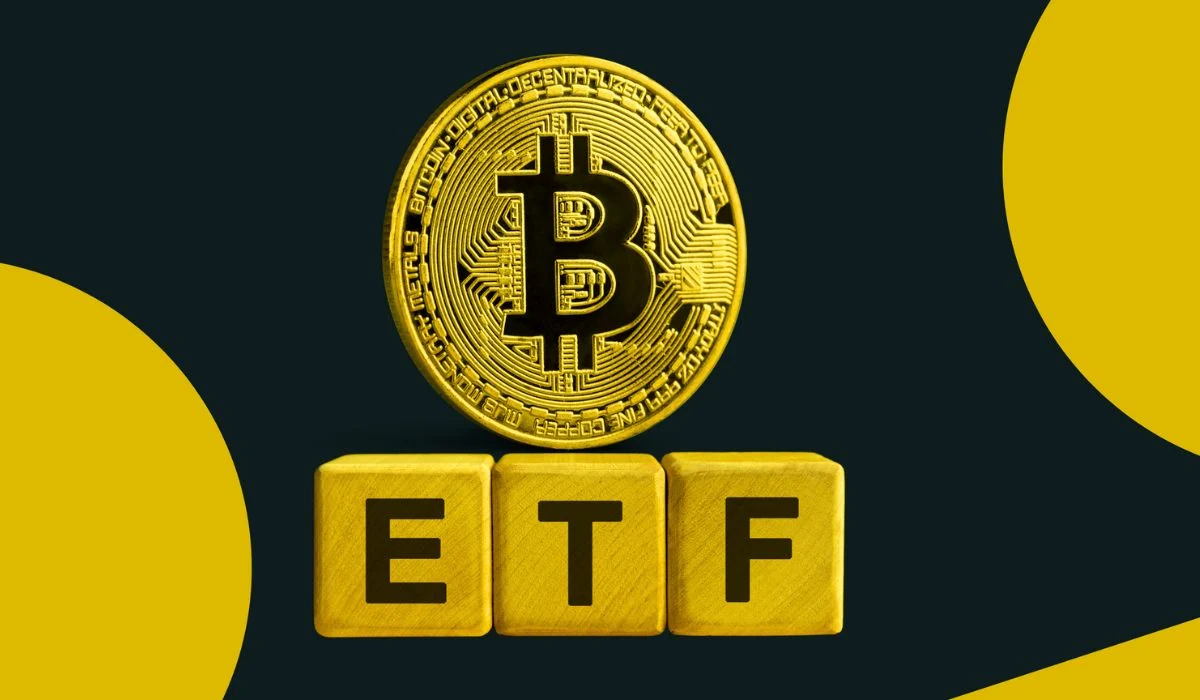Introduction
Spot Bitcoin ETFs offer a regulated avenue for mainstream investors to gain exposure to Bitcoin’s price fluctuations. This article delves into what spot Bitcoin ETFs are, how they operate, their key advantages and disadvantages, and their potential impact on the future of cryptocurrency investments.
What Is a Spot Bitcoin ETF?
A spot Bitcoin exchange-traded fund (ETF) is a financial instrument that provides investors with exposure to Bitcoin’s price movements. Unlike Bitcoin futures ETFs, a spot Bitcoin ETF directly invests in Bitcoin as the underlying asset. The SEC approved the first spot Bitcoin ETFs in January 2024, opening up new opportunities for regulated Bitcoin investments.
How Spot Bitcoin ETFs Operate
Spot Bitcoin ETFs are exchange-traded products (ETPs) that store Bitcoin in a secure digital vault managed by registered custodians. These ETFs purchase Bitcoin, store it securely, and issue shares that reflect the Bitcoin’s market value. These shares are then traded on traditional stock exchanges. Market makers play a critical role in maintaining liquidity and ensuring that ETF shares track Bitcoin’s price closely.
Key Considerations for Spot Bitcoin ETFs
The Role of Authorized Participants (APs)
Authorized participants, typically large financial institutions, manage the creation and redemption of ETF shares to ensure that the ETF share price aligns with Bitcoin’s market price. This mechanism helps maintain market stability and minimizes price discrepancies.
Spot Bitcoin ETFs vs. Other Bitcoin ETFs
Spot Bitcoin ETFs
- Directly hold Bitcoin, providing straightforward and transparent exposure to Bitcoin’s price.
Derivatives-Based Bitcoin ETFs
- Utilize futures contracts to simulate Bitcoin’s price, making them more complex and less direct compared to spot Bitcoin ETFs.
Advantages and Disadvantages of Spot Bitcoin ETFs
Advantages
- Convenience: Simplifies Bitcoin investment by eliminating the need to manage wallets or keys.
- Liquidity: Facilitates easy buying and selling through traditional brokerage accounts.
- Regulatory Oversight: Offers a regulated investment option with investor protection.
- Tax Benefits: This may provide favorable tax treatment compared to directly holding Bitcoin.
Disadvantages
- Crypto Volatility: Exposes investors to Bitcoin’s inherent market volatility.
- Regulatory Uncertainty: Ongoing regulatory developments could impact ETF performance.
- Security Risks: Despite robust security measures, the risk of cyber theft remains.
- Management Fees: ETFs charge fees that could reduce overall returns.
- Tracking Error: Potential discrepancies between ETF share prices and Bitcoin’s market value.
The Future of Spot Bitcoin ETFs
SEC Approval and Market Impact
The SEC’s approval of 11 spot Bitcoin ETFs in January 2024 marks a significant milestone for cryptocurrency investments. This approval followed a lengthy period of regulatory hesitance due to concerns about market manipulation and investor protection.
Impact on Bitcoin Prices
While spot Bitcoin ETFs may not directly influence Bitcoin prices, they could have an indirect impact by increasing adoption, validating the market, and affecting trading activities.
Minimum Investment Requirements for Spot Bitcoin ETFs
Spot Bitcoin ETFs are generally accessible to retail investors, with no significant minimum investment requirements. However, investors should consider transaction fees and expense ratios, especially for smaller investments.
Conclusion
Spot Bitcoin ETFs represent a significant advancement in the cryptocurrency market, offering a regulated and simplified way to invest in Bitcoin. These ETFs could play a crucial role in promoting Bitcoin adoption by enhancing market liquidity and attracting institutional participation. However, investors should consider the associated risks, including market volatility and regulatory uncertainties.


